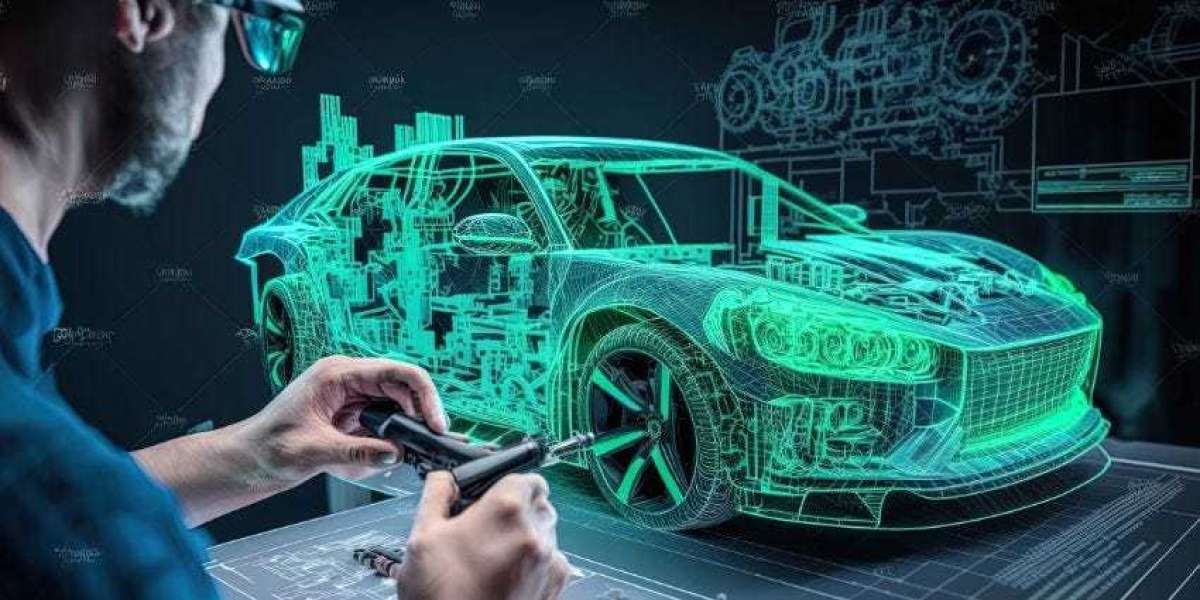The automotive industry is undergoing a significant transformation with the rise of electric vehicles (EVs). As concerns about climate change and the depletion of fossil fuels grow, both consumers and manufacturers are increasingly turning to electric mobility as a sustainable alternative. This shift is not just a trend but a fundamental change that promises to reshape the future of transportation. https://towcapacityguru.com/
One of the primary drivers of the EV revolution is the urgent need to reduce greenhouse gas emissions. Traditional internal combustion engine (ICE) vehicles are major contributors to air pollution and global warming. In contrast, EVs produce zero tailpipe emissions, offering a cleaner and greener option for the environment. Governments worldwide are recognizing this potential and are implementing policies to encourage the adoption of EVs. Incentives such as tax breaks, subsidies, and stricter emission regulations are accelerating the transition from ICE vehicles to electric ones.
Advancements in battery technology are also playing a crucial role in the proliferation of EVs. Early electric cars suffered from limited range and long charging times, which deterred many potential buyers. However, recent innovations have significantly improved battery efficiency, leading to longer driving ranges and faster charging capabilities. Lithium-ion batteries, in particular, have become the standard for most EVs due to their high energy density and longevity. Research into alternative battery materials, such as solid-state batteries, promises even greater improvements in the near future.
The infrastructure for supporting electric vehicles is expanding rapidly as well. Charging stations are becoming more ubiquitous, reducing the anxiety associated with running out of power during a journey. Companies like Tesla have pioneered the development of extensive charging networks, and other manufacturers are following suit. Public and private investments are being funneled into building a robust and accessible charging infrastructure, which is crucial for widespread EV adoption.
Automakers are fully embracing the electric revolution, with many traditional manufacturers launching their own lines of EVs. Companies like General Motors, Ford, and Volkswagen have announced ambitious plans to electrify their fleets, aiming to phase out ICE vehicles entirely in the coming decades. New players like Tesla have also set high standards for performance and innovation in the EV market, pushing the boundaries of what electric cars can achieve. The competition is fierce, driving continuous improvements in technology, design, and affordability.
Despite the significant progress, challenges remain. The high cost of EVs compared to traditional vehicles is a barrier for many consumers. However, as production scales up and technology advances, prices are expected to come down, making EVs more accessible to a broader audience. Additionally, concerns about the environmental impact of battery production and disposal need to be addressed. The industry is exploring sustainable practices, such as recycling batteries and sourcing materials responsibly, to mitigate these issues.
In conclusion, the future of electric vehicles looks promising, with the potential to revolutionize the automotive industry and contribute significantly to environmental sustainability. As technology continues to advance and infrastructure improves, the adoption of EVs is likely to accelerate, leading to cleaner air, reduced dependence on fossil fuels, and a more sustainable future for transportation. The electric vehicle revolution is not just a fleeting trend; it is the dawn of a new era in automotive history.Top of Form
Bottom of Form







